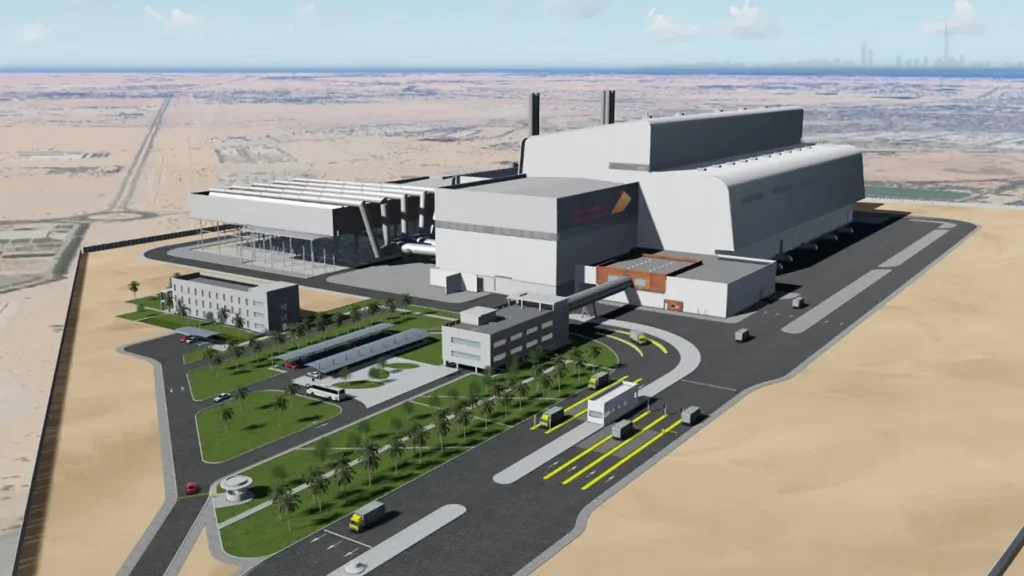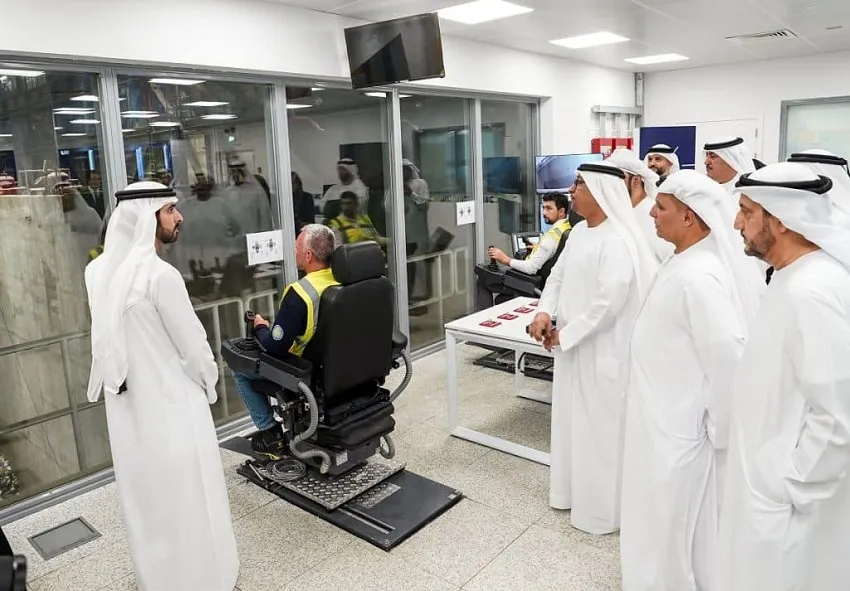Innovative technology in Dubai is turning trash into treasure, with nearly half of the city’s waste fueling household energy needs. Spearheaded by the Warsan Waste Management Company, this groundbreaking initiative represents a significant leap forward in sustainable energy practices.
Operational since March, the Warsan plant is a game-changer, utilising 2 million metric tons of trash annually to generate electricity. This mammoth facility can power approximately 135,000 homes, marking a substantial shift towards renewable energy in the region.

Pioneering Technology
At the heart of this operation lies waste-to-energy conversion, a process that involves burning trash to produce steam, which then drives turbines to generate electricity. Unlike traditional incineration methods, this cutting-edge technology boasts higher efficiency rates and rigorous pollution control measures.
While the process releases carbon dioxide into the atmosphere, the plant offsets this by reducing reliance on fossil fuels, thereby curbing emissions by a staggering 1.5 billion tons annually. Moreover, the facility prioritises resource extraction, recycling metals, and repurposing ash for road construction.
Challenges and Controversies

Despite its environmental benefits, waste-to-energy conversion faces criticism from some quarters. Environmental groups argue that it may discourage recycling efforts, which are crucial for sustainable waste management. However, proponents highlight its role in mitigating methane emissions from landfills.
While waste-to-energy plants offer a viable solution, experts emphasize the need for comprehensive recycling programs. Recycling not only conserves energy but also reduces the environmental impact of waste disposal. As the UAE aims to increase recycling rates to 90% by 2050, a concerted effort towards sustainable practices is paramount.
